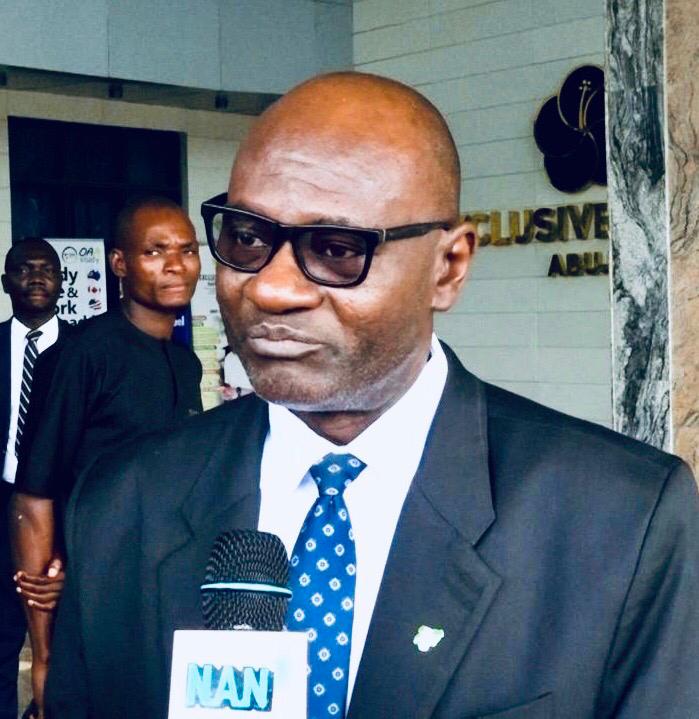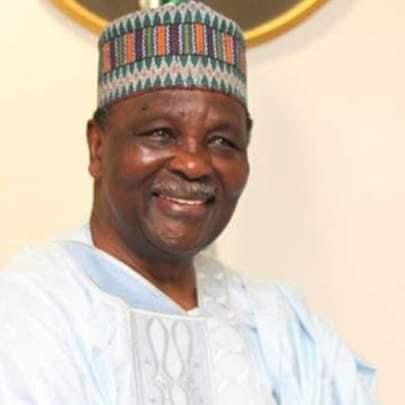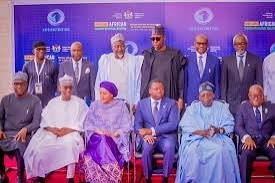By Sumaila Ogbaje, News Agency of Nigeria (NAN)
Nigeria and several African countries are currently grappling with the scourge of terrorism and its consequences.
Over the years, there has been deaths, massive destruction, displacement of millions from their homes, and crippling of economic and social life.
Many communities across the continent also face hunger, starvation, diseases, and homelessness as result of the devastation caused by terrorist groups.
For more than 15 years now the activities of terrorist groups such as Ansaru, Boko Haram, and the Islamic State West Africa Province (ISWAP) have continued to pose significant threats to lives and economic activities in the Sahel including Nigeria.
Experts have consistently said the present and emerging security threats require effective and comprehensive strategies to address the drivers of the unending conflicts.
They said African countries must pursue robust socio-economic development, ensure good governance, adopt new conflict resolution mechanisms, and strengthen regional and international cooperation.
In a strategic move to address the challenges of terrorism and violent extremism, Nigeria has organised a high-level counter-terrorism meeting involving African countries and key stakeholders from across the world.
The meeting was coordinated by the Office of Nigeria’s National Security Adviser (ONSA) with the support of the United Nations Office on Counter-Terrorism.
Key figures in attendance included President Bola Tinubu of Nigeria, President Nana Akufo-Addo of Ghana and President Faure Gnassingbe of Togo.
There were representatives of other countries and delegations from the UN, EU, AU, UNECA and civil society organisations.
Tinubu called for the establishment of a regional and continental counter-terrorism centre that will serve as a hub for intelligence sharing, operational coordination, and capacity building.
He also wants Africa to adopt comprehensive approach to combating terrorism, not only through might, but by addressing the root causes of the scourge, which include poverty, inequality, and social injustice.
The Nigerian president also wants African countries to attack the roots that feed this evil branch — ransom and illegal mining – through which terrorists continuously finance, re-equip, and re-supply their sinister mission.
“Not only does it kidnap people, it kidnaps precious resources.
“Billions upon billions of dollars that legitimate governments should be using to sculpt better societies by providing education, healthcare, and food for its people now go to pay for weapons and response to mayhem.
“Look at the illegal mining that plagues so many of our nations today.
“Those who think illegal mining has no connection with financing terrorism are sorely mistaken.
“The international community has both the moral and legal obligation to help in this cause because it is external finance, not African money, that fuels these illegal operations,” Tinubu emphasised.
He said that the international community must answer to African countries call for justice, peace, and fair play.
“Key to our collective efforts against terrorism is the urgent need for a fully operational Regional Counter-Terrorism Centre,” Tinubu added.
Tinubu challenged the continent to strengthen existing counter-terrorism structures, such as the Regional Intelligence Fusion Unit (RIFU) in Abuja.
Others are the African Centre for the Study and Research on Terrorism (ACSRT) in Algiers, and the Committee of Intelligence and Security Services of Africa (CISSA) in Addis Ababa.
He underscored the importance of a regional standby force that includes tackling terrorism as part of its mandate.
Nigeria has over the years enhanced its counter-terrorism capabilities, enacted Terrorism Prevention and Prohibition law, and established the National Counter Terrorism Centre.
Nigeria has also been working with regional partners to strengthen arms control measures, enhance border security, and disrupt the illicit trafficking networks that fuel terrorism and organised crime.
National Security Adviser, Mr Nuhu Ribadu, also attributed terrorism in Africa to organised crime, foreign terrorist financing and training, poverty, inequality, and prolonged conflicts, among others.
According to him, counterterrorism responses in the continent are being complicated by political instability, governance challenges, ethnic and religious tensions, economic inequality, and poverty.
In spite of these challenges, Ribadu said Nigeria has been dealing decisively with all drivers of violent extremism, including economic and social enablers.
It has enhanced intelligence gathering through inter-agency collaboration and confidence building with citizens, strengthening the judiciary, and funding counter-terrorism efforts.
The UN Deputy Secretary-General, Dr Amina Mohammed, said the continent needs to rebuild its social contract with citizens, and deliver good governance.
Mohammed also said that in tackling the menace of terrorism, Africa should learn lessons on the root causes, mobilise resources to rebuild torn societies, and formulate responses that address conditions that drive conflicts.
One way of doing this, according to her, is to invest massively in the capabilities and aspirations of young people and creating the environment where youths could thrive.
The UN official said this would deter disillusioned young people from joining terrorist groups like ISIS or Boko Haram, who usually dangle prospects of better opportunities to entice young people to their fold.
People have been betrayed by decades of underinvestment, crises and a lack of governance, she said.
“It means building strong democratic institutions and promoting people-centered governments, grounded in human rights and guaranteed access to basic services and inclusive development for all people.”
For Mr Vladimir Voronkov, Under-Secretary-General, UNOCT, the global community need to support regional initiatives like the Multi National Joint Task Force, to defeat terrorism in Africa.
Voronkov said there should global support to African-led solutions to African challenges.
He said the launch of the UN Joint Appeal for Counter-Terrorism in Africa brought together 16 UN entities in support of 10 new multi-partner initiatives across the continent.
This is to tackle critical areas including border management and countering terrorism, the nexus between terrorism and organised crime, prevent violent extremism, and promote gender equality and human rights.
The fatalities from terrorists activities is alarming and calls for concern.
The Chairperson of African Union Commission (AU), Mousa Mahamat, said an average of eight incidents and 44 fatalities per day are being recorded since 2022 due to terrorism in the continent.
Mahamat said over 7,000 causalities were recorded in 2023 alone, over 4,000 security personnel had been killed by terrorists.
“At the political level, this situation was and is still being exploited to fit into the negative speech for unconstitutional change of government and for the rejection of our principles of democracy and human rights.
“These figures underscore our collective and urgent need to reevaluate our counterterrorism strategies to effectively address our vulnerabilities and shortcomings in the face of this growing phenomenon,” the AU Commission chairperson said.
To silence the guns of terrorists and violent extremists African leaders agreed to confront the underlying causes headlong.
These include inequalities, poor governance, lack of development, violations and abuses of human rights, local conflicts and the proliferation of small arms and light weapons.
The leaders also agreed to an African-led and African-owned approach to countering terrorism, strengthening regional and sub-regional cooperation, and encouraging effective counter measures to address the spread of terrorism.
They reaffirmed their collective commitment to strengthening the security of African States in line with the Common African Defence and Security Policy and within the spirit of finding African solutions to Africa’s security challenges. (NANFeatures)
**If used please credit the writer and News Agency of Nigeria.





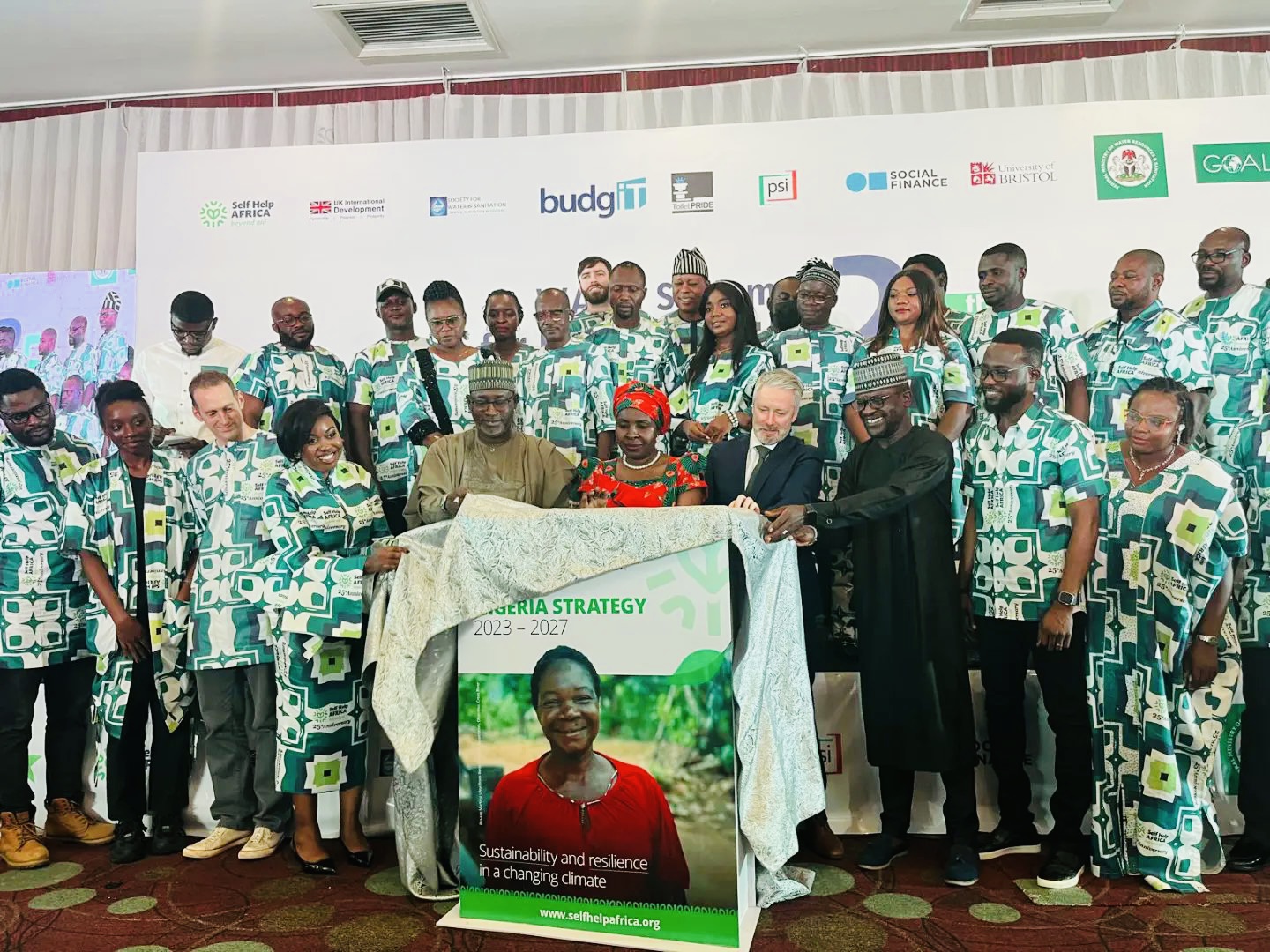
 Earlier, Nigeria’s Minister of State for Water Resources and Sanitation, Dr Bello Goronyo, noted the significant progress made in the country’s water, sanitation, and hygiene (WASH) sector over the past decade.
Earlier, Nigeria’s Minister of State for Water Resources and Sanitation, Dr Bello Goronyo, noted the significant progress made in the country’s water, sanitation, and hygiene (WASH) sector over the past decade. McConalogue noted the need to build climate resilience by adapting water and agricultural systems to climate shocks, noting the crucial role of water experts in promoting sustainable water management practices.
McConalogue noted the need to build climate resilience by adapting water and agricultural systems to climate shocks, noting the crucial role of water experts in promoting sustainable water management practices.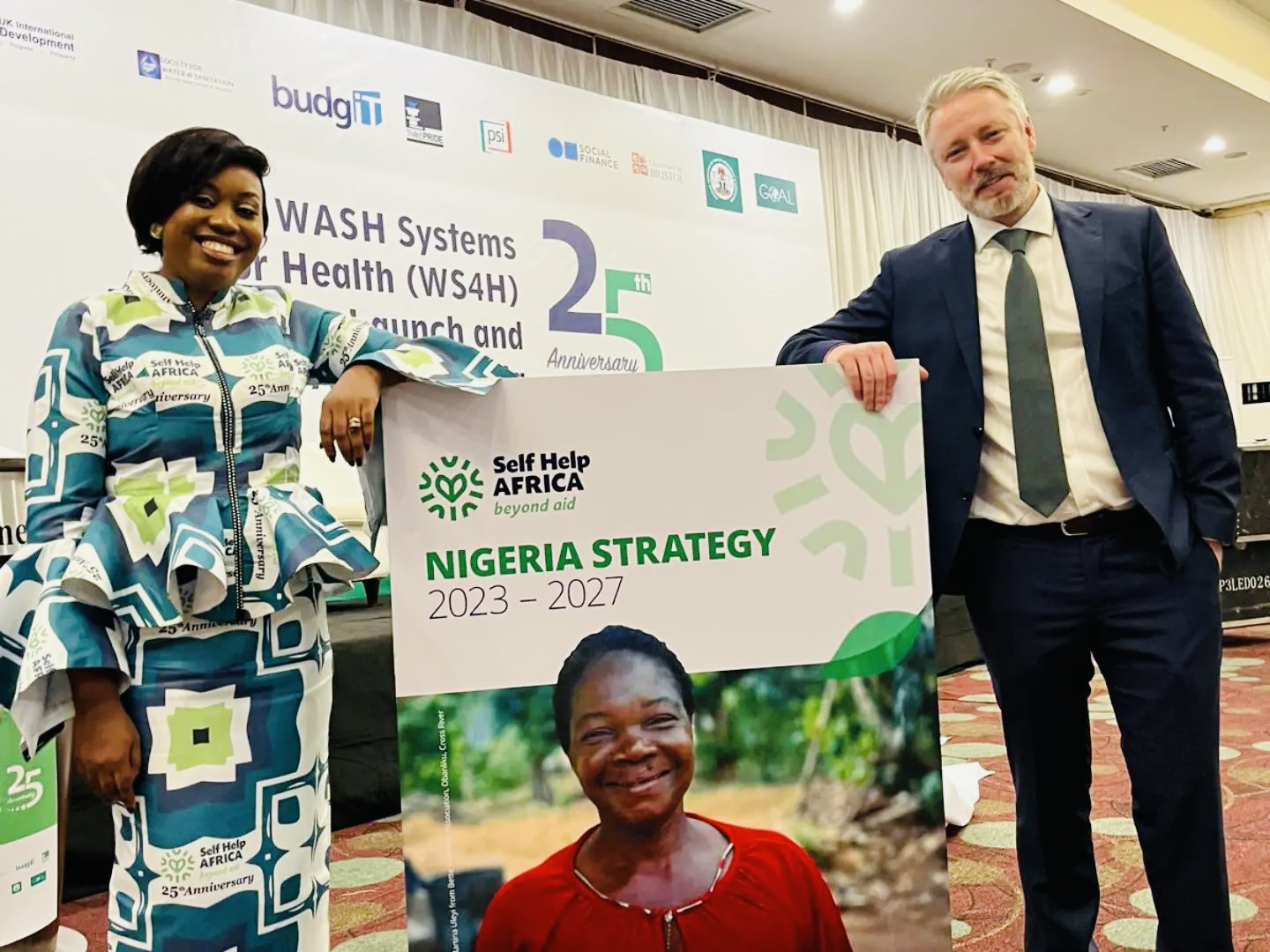 He highlighted the programme’s focus on sustainable landscapes, resilient food systems, and healthy communities, expressing confidence in its ability to drive economic growth and achieve gender equality outcomes.
He highlighted the programme’s focus on sustainable landscapes, resilient food systems, and healthy communities, expressing confidence in its ability to drive economic growth and achieve gender equality outcomes.